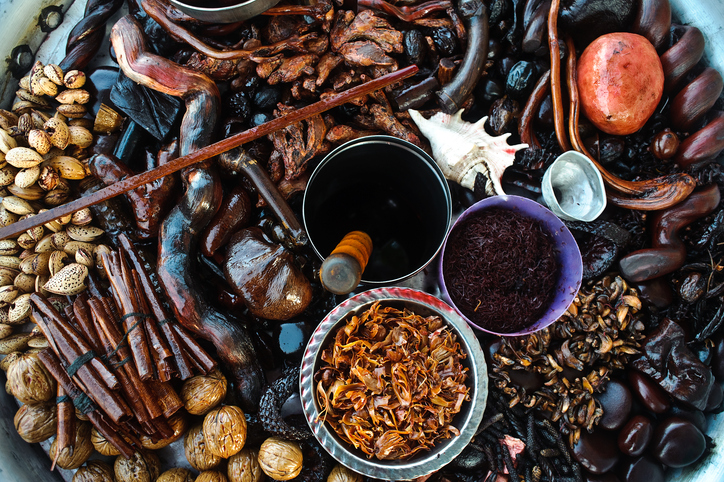The government is celebrating the 10th Ayurveda Day today with the theme “Ayurveda for People & Planet”, the Ministry of AYUSH said on Monday. For the first time, the day is being observed on a fixed date instead of Dhanteras, following a Gazette notification issued in March this year.
The main function is underway at the All-India Institute of Ayurveda (AIIA) in Goa, while events are being held across all states, union territories and through Indian missions abroad. Building on last year’s outreach in over 150 countries, officials said the 2025 edition aims to widen global participation and reaffirm India’s leadership in traditional medicine.
Prime Minister Narendra Modi underlined Ayurveda’s holistic approach, saying it not only ensures good health and long life but also seeks harmony between the individual and the environment.
Marking the milestone edition, the ministry is rolling out several new initiatives, including a nationwide health check-up campaign titled Desh ka Swasthya Parikshan through the Central Council for Research in Ayurvedic Sciences, the launch of the DRAVYA portal – the country’s largest digital database of Ayurvedic ingredients and products – and the APTA portal to document the contributions of eminent Ayurveda practitioners. An integrated oncology unit is being jointly operated by the Goa government, AIIA and Tata Memorial Centre, while a Ran-Bhaji Utsav is being organised in collaboration with the Goa State Biodiversity Board to promote healthy lifestyles. A Central Sterile Supply Department, Hospital Linen Processing and Care Unit, and a Blood Supply Unit are also being inaugurated at AIIA, Goa.
The ministry said the National Dhanwantari Ayurveda Awards are being presented to professionals who have significantly contributed to the promotion and integration of Ayurveda in healthcare, teaching, research and policy.
Since its creation in 2014, the Ministry of AYUSH has worked to strengthen healthcare delivery, upgrade hospitals and dispensaries, and integrate AYUSH services at primary health centres and district hospitals. It has also signed agreements with the World Health Organization for the Global Centre for Traditional Medicine in Gujarat, besides pacts with countries including Germany, Japan, Mauritius and Nepal.
In 2023, the International Organisation for Standardisation introduced dedicated standards for Ayurveda, adding to BIS standards on Ayurvedic herbs, yoga terminology and Panchakarma equipment. The WHO has also recognised Indian traditional medicine in the ICD-11 classification series. AYUSH information cells are now functional in more than 30 countries, and Ayurveda Chairs have been set up in universities abroad, including Western Sydney University in Australia.
The biennial World Ayurveda Congress, last held in Dehradun in 2024 on the theme of digital health, has played a key role in spreading awareness and promoting Ayurveda globally. The first such congress was held in Kochi in 2002 and subsequent editions in Pune, Jaipur, Bangalore, Bhopal, Delhi, Kolkata and Ahmedabad have helped expand its reach.
Ayurveda Day was first celebrated in 2016 with a seminar on diabetes care in New Delhi. Over the years, themes have focused on issues such as pain management, COVID-19 and the One Health approach. The 2024 edition saw Modi inaugurate Phase II of AIIA, a 150-bed Panchakarma hospital, Ayurvedic pharmacy and four Centres of Excellence across premier institutions including IISc Bengaluru, IIT Delhi, CDR Lucknow and JNU Delhi.
The ministry said the 2025 theme, “Ayurveda for People & Planet”, reflects India’s resolve to position Ayurveda as a sustainable and preventive healthcare system capable of addressing lifestyle disorders, climate-related illnesses and stress.














